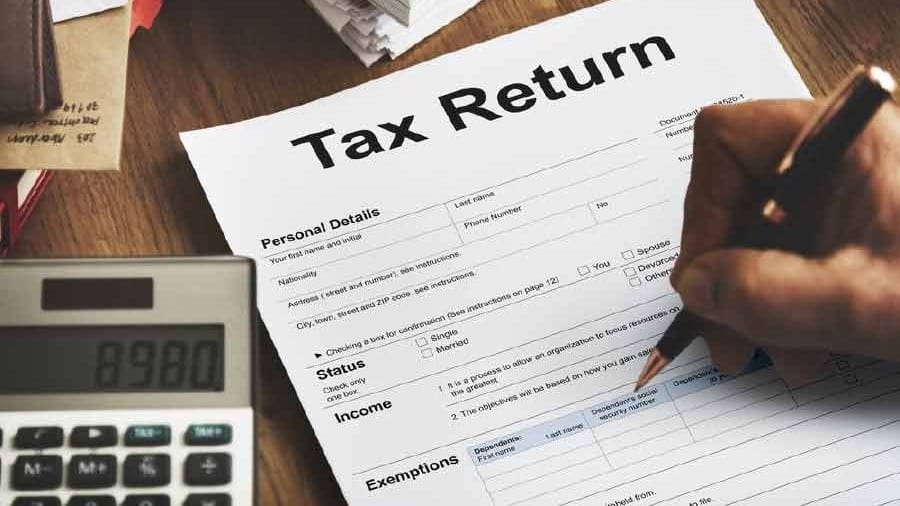Amid a sharp rise in personal income tax collection, individual taxpayers are hoping for respite in the Union Budget 2024-25. Indications are that the government may look at reviewing some of the tax rates. According to sources, one of the measures being considered is to increase spending capacity of people in the face of high prices, and one of the steps being considered is to review tax rates for those in the low and middle income tax slabs.
“The modalities are still under discussion and it is to be seen if this will have any impact on the ground,” said a person familiar with the development but noted that this will have to be balanced with proposals for higher allocations to welfare schemes and maintaining fiscal prudence.
Industry associations such as CII, in pre-Budget discussions with the Revenue Secretary, have also suggested providing marginal relief in income tax at the lower end of the spectrum with taxable income up to Rs 20 lakh as one of the measures to boost consumption demand.
For individual taxpayers, one of the major concerns has been the rise in tax collections from them, which has in fact, in recent years, exceeded the mop-up from corporate income tax. In 2023-24, net corporate tax collections amounted to Rs 9.11 lakh crore while net personal income tax collections amounted to Rs 10.44 lakh crore. Similarly, in 2022-23, corporate tax collections stood at Rs 8,25,834 crore and the personal tax kitty was Rs 8,33,307 crore.
Lease and Taxation: A Comparative Analysis
Experts note that while there is a case to provide some tax relief to individuals, companies often pay tax at a much higher rate than individuals. Neeraj Agarwala, Partner at Nangia Andersen India, said that the tax collected from corporations is at a much higher rate than from individuals, making a direct comparison between the two groups unfair.
“If we examine the income tax return statistics issued by the Income Tax Department for the past five years (AY 22-23 to AY 18-19), we find that, on average, only 1.41% of the returns are filed by corporations. These corporations, however, declare an average of 30% of the total gross income and account for 48% of the total tax collection,” he said.
In comparison, individuals file approximately 94% of the returns, declaring an average of 65% of the total gross income but with an aggregate tax liability of only 42%. “This means that, despite similar tax collection figures from corporations and individuals, corporations contribute income tax at an average tax rate of 24% of the total gross income, while individuals’ tax rate stands at 10%,” he pointed out.
However, from an individual taxpayer’s perspective, there exists frustration with limited tax deductions and confusion surrounding the tax regime with marginal tax reliefs. Agarwala noted that expectations from the Union Budget should be to provide tax deductions that reflect modern expenses and offer respite to homeowners. While lower tax rates may alleviate some burden on taxpayers, the focus should be on providing deductions to those who need them.
“The tax structure should encourage deductions for investments rather than promoting an alternate tax regime for individuals without such deductions. The exemption of Rs 1 lakh for long-term capital gains is also not investor-friendly, leading many individuals to resort to tax harvesting to save on taxes,” he pointed out.






